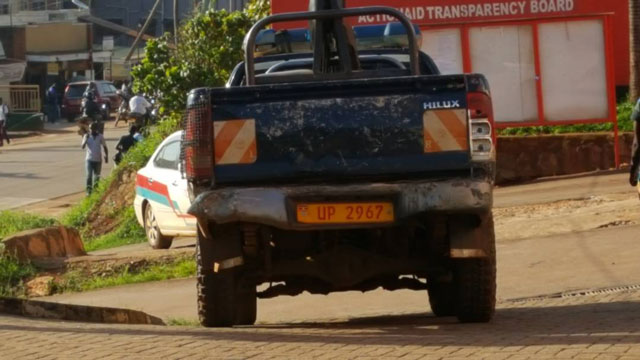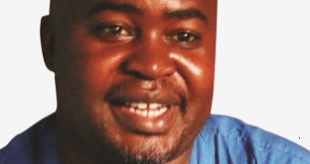
Eunice Musiime, a lawyer and Executive Director of a women’s organisation – Akiina Mama wa Afrika, says it is unfortunate that the crackdown on NGOs is happening when finding funders has become particularly challenging because of the weak global economy.
“Donors can easily pull out of the country with this kind of confusion,” she says. Both Eunice and Larok say, though the reason for the siege is unclear, it could be part of a wider crackdown on opponents of a motion being handled by parliament to amend constitution to scrap the 75-year presidential age-limit so the President Yoweri Museveni can run again in 2021. Larok says the government’s strategy appears to be to delegitimise civil society by presenting them as a dangerous groups working to overthrow government.
Scaring NGO funders
If successful, Larok says, this delegitimisation could affect the public image of civil society and scare away their funding partners.
NGOs rely on money from a variety of sources, including individual donors, foundations, corporations, and governments to fund their activities. Often what an NGO can and cannot do is tied to where the money comes from.
According to the Ministry of Internal Affairs NGO registry, there were 12500 NGOs in the country by end of 2013, up from 8000 in 2009. In 1992, these organisations were fewer than 500. By 2002, they were 3500 and in just six years in 2008, they jumped to 7000.
These rely 90% on external sources for funding with one of the biggest funders being Democratic Governance Facility (DGF), a joint establishment of Austria, Denmark, Ireland, the Netherlands, Norway, Sweden, the United Kingdom and the European Union that bankrolls activities involving strengthening democracy, improving access to justice, enhancing accountability, and promoting human rights.
While some donating countries and entities channel money through the government, increasingly they are choosing to release funds directly to NGOs given problems of bureaucracy and accountability in government.
The government has also recently changed its approach to co-implementing programmes with NGOs. In fact a 2016 Ministry of Finance report shows 70% of registered NGOs are in partnership with a line ministry to implement various programmes; especially in health, education and agriculture. In health, it is estimated that mainly faith-based NGOs provide up to 40% of health services which amounts to about $6 per capita out of the $12 spent on health per person.
Uhuru Institute has been training soldiers in agricultural best practices and leadership skills as part of the government’s Operation Wealth Creation programme. So its Director, Okello, wonders why the government is cracking down people who push such humanitarian agendas.
But, critics say, while NGOs have their roots in such voluntarism and philanthropy as means of serving the needs of poor and marginalised people, some of them behind the scenes push other agendas favoured by their leaders, founding body, or funders. That appears to be the government’s biggest fear. It is also part of a growing trend of government clamping down on NGO to instill fear and stifle dissent.
Just two months ago, in August, two NGOs – Africog and Kenyan Human Rights Commission in the neighboring Kenya were shut over almost similar allegations to do with failing to register and operating illegal bank accounts.
Other countries have passed laws restricting what these NGOs can do. For instance in 2016 China passed a controversial law targeting foreign NGOs that, among others, banned them from involvement in political or religious activities at odds with the government.
In Uganda, an amorphous catch-all law passed quietly early last year as the country was preparing for presidential and parliamentary elections bars NGOs from doing “anything prejudicial to security”. It does not elaborate on what qualifies to be prejudicial to security.
Based on such history, Alex Ruhunda, who has for over 20 years been one of the managers of Kabarole Research and Resource Center and is now the MP for Fort Portal Municipality constituency, says the NGOs are blameless. He says the NGOs are “victims of the current political pressure of who is in support or not of lifting the presidential age limit in the constitution”.
“So why money laundering at this time?” he asks, “Government has to prove if there are some NGOs doing such dubious deals. We passed the Anti-money laundering law”.
For now, Musiime and Larok agree that all they can do is to keep, ‘their house in order’.
“This incidence proved once again the importance of having all institutional information and documentation updated. The siege was impromptu and the documents sought for had to be provided without delay. Any failure to do so may have caused unnecessary suspicion,” Larok said.
 The Independent Uganda: You get the Truth we Pay the Price
The Independent Uganda: You get the Truth we Pay the Price



